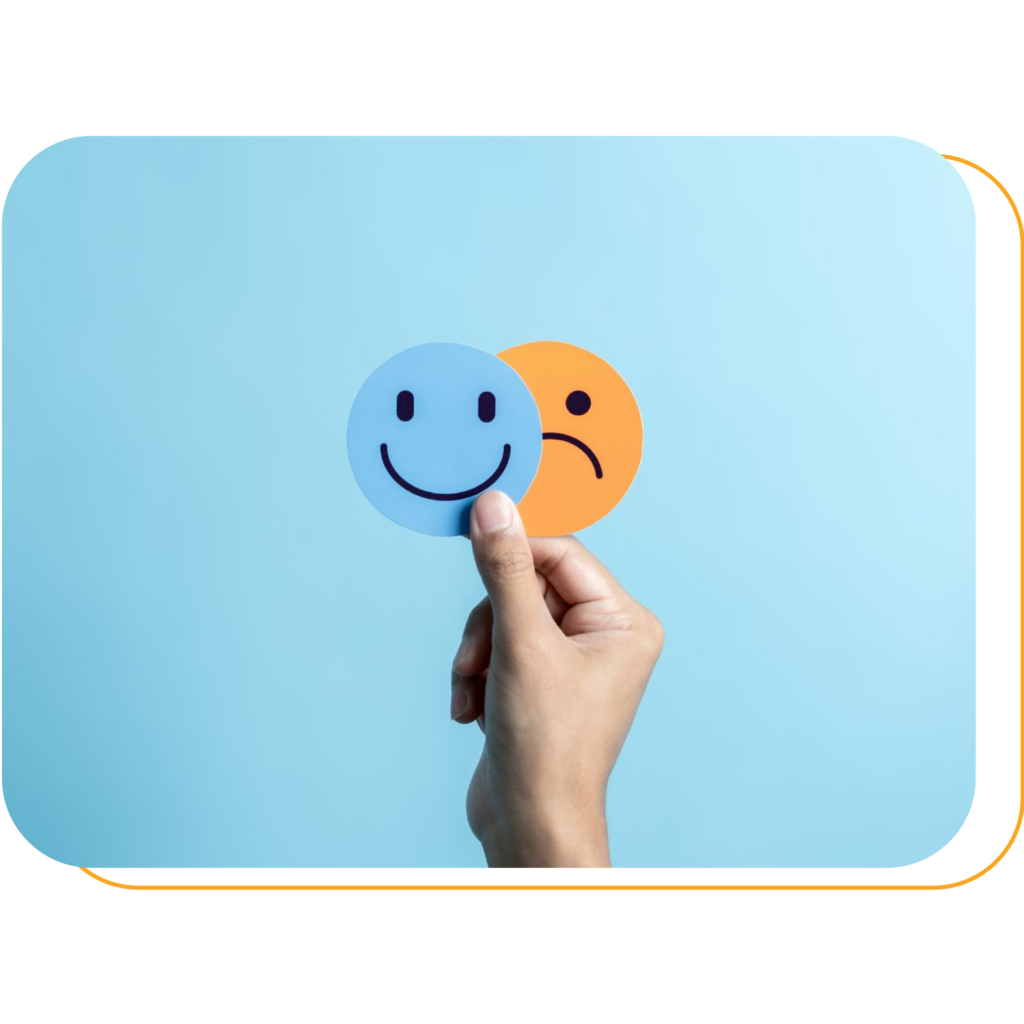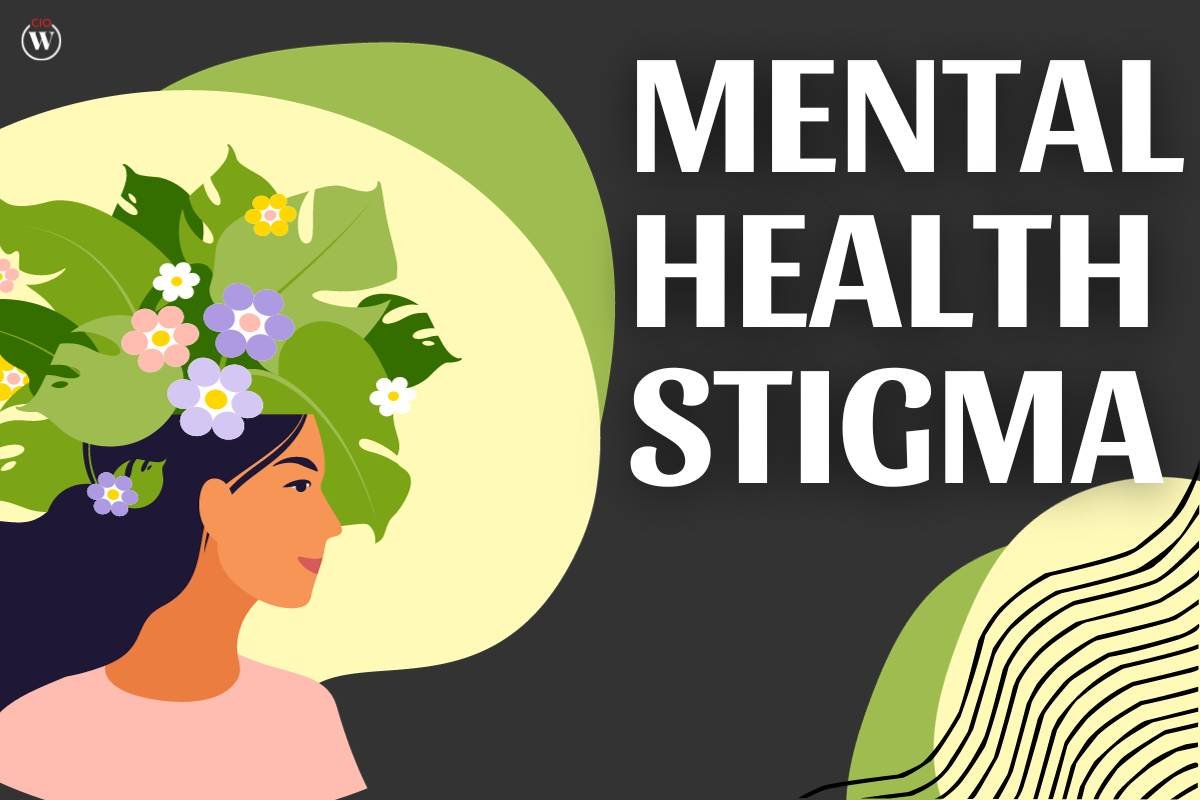Mental Health Literacy Education: A Comprehensive Guide

Table of Contents
Defining Mental Health Literacy
What is Mental Health Literacy?
Mental health literacy is the knowledge and skills needed to understand and address mental health concerns effectively. It's not just about recognizing symptoms; it encompasses a broader understanding of various aspects of mental wellbeing. This includes recognizing the signs and symptoms of common mental health disorders, understanding the risk factors that contribute to their development, knowing the available support resources and treatment options, and developing the skills to support individuals facing mental health challenges. Essentially, it's about empowering individuals to take proactive steps towards their own mental health and the mental health of those around them.
- Ability to recognize the signs and symptoms of mental health disorders: This involves familiarity with common conditions like anxiety, depression, bipolar disorder, and schizophrenia, including their varied presentations.
- Knowledge of risk and protective factors for mental illness: Understanding factors like genetics, life stressors, and social support is critical for prevention and early intervention.
- Understanding of available help-seeking options and treatment approaches: This includes knowing where to find mental health professionals, support groups, and various treatment modalities like therapy, medication, and self-help strategies.
- Skill in providing support to individuals experiencing mental health challenges: This involves knowing how to listen empathetically, offer practical assistance, and encourage help-seeking behaviors without judgment.
- Ability to challenge stigma surrounding mental health: This is vital in creating a more accepting and supportive environment for individuals struggling with mental health issues.
The Importance of Mental Health Literacy Education
Reducing Stigma
Mental health literacy education plays a pivotal role in dismantling the stigma surrounding mental illness. The fear of judgment and discrimination often prevents individuals from seeking help, delaying treatment and worsening outcomes. Education helps challenge misconceptions, promoting understanding and empathy, and creating a more inclusive environment where people feel comfortable discussing their mental health concerns.
Early Intervention and Prevention
Early recognition of symptoms is crucial for effective intervention. Mental health literacy education equips individuals with the knowledge to identify early warning signs, enabling them to seek help promptly. Early intervention significantly improves treatment outcomes and can even prevent the development of more severe mental health conditions. This proactive approach is far more effective than managing a crisis situation later.
Improved Help-Seeking Behaviors
A strong correlation exists between mental health literacy and increased help-seeking behaviors. When individuals possess the knowledge and confidence to recognize symptoms and understand available resources, they are more likely to proactively seek professional help. This is critical in improving access to timely and effective treatment.
- Improved public understanding of mental health issues: Education dispels myths and misconceptions, replacing fear and misunderstanding with accurate information.
- Increased confidence in seeking help: Knowing what to expect and where to turn reduces anxiety and encourages individuals to take the first step towards recovery.
- Early identification and intervention for mental health conditions: This leads to better prognoses and improved quality of life.
- Reduced discrimination and social isolation: Increased understanding fosters empathy and acceptance, minimizing the negative impact of stigma.
- Promotion of proactive mental wellbeing: Education encourages individuals to prioritize their mental health and seek support when needed.
Implementing Effective Mental Health Literacy Programs
Target Audiences
Effective mental health literacy programs must reach diverse populations. Target audiences include: schools (to educate children and adolescents), workplaces (to promote employee wellbeing and reduce absenteeism), community organizations (to provide accessible resources), healthcare settings (to integrate mental health into broader healthcare), and even specific groups like families of individuals with mental illness.
Program Design and Delivery
Successful programs utilize a variety of engaging and accessible methods. Interactive workshops, online modules, community events, and even social media campaigns can all play a part. The key is to tailor the content and delivery to the specific needs and preferences of the target audience. Age-appropriate materials and culturally sensitive language are essential for effective communication.
Measuring the Impact
Evaluating the effectiveness of mental health literacy programs is crucial. This can be done through various methods, including pre- and post-program surveys, focus groups to gather qualitative feedback, observational studies to assess changes in behavior, and analysis of help-seeking rates within the target population. Data gathered helps refine and improve programs over time.
- Age-appropriate materials and delivery methods: Tailoring programs to different age groups ensures better understanding and engagement.
- Culturally sensitive and inclusive content: Addressing diverse cultural perspectives and experiences is critical for reaching all segments of the population.
- Use of various educational strategies (lectures, discussions, role-playing): A diverse approach maximizes engagement and knowledge retention.
- Collaboration with mental health professionals: Ensuring accurate and up-to-date information is vital.
- Ongoing evaluation and improvement of programs: Regularly assessing and adjusting programs ensures they remain relevant and effective.
Resources and Further Information
Reliable Sources
Numerous reputable organizations offer valuable resources on mental health literacy. These include government health agencies, mental health charities, and professional organizations. Always consult credible sources to ensure the accuracy of information.
Training and Workshops
Many organizations offer training programs and workshops designed to equip educators, community leaders, and healthcare professionals with the skills to deliver effective mental health literacy education. These opportunities provide valuable tools and strategies for disseminating crucial information.
- Links to relevant government websites and health organizations: (Insert links to relevant organizations here – e.g., the National Institute of Mental Health (NIMH), the World Health Organization (WHO), etc.)
- Listings of training programs and workshops: (Insert links to relevant training opportunities here.)
- Recommendations for further reading and research: (Insert links or suggestions for further reading here.)
Conclusion
Improving mental health literacy is paramount to creating a more supportive and understanding society. By reducing stigma, promoting early intervention, and improving help-seeking behaviors, we can significantly enhance the mental wellbeing of individuals and communities. Implementing effective mental health literacy programs, tailored to various audiences and evaluated rigorously, is crucial for achieving this goal. Invest in your mental wellbeing and the wellbeing of your community by furthering your knowledge of mental health literacy. Take the next step towards a more supportive and understanding society by exploring the resources mentioned above and participating in mental health literacy initiatives in your area.

Featured Posts
-
 The Stigma Surrounding Mental Health Impact On Claim Rates And Access To Treatment
May 02, 2025
The Stigma Surrounding Mental Health Impact On Claim Rates And Access To Treatment
May 02, 2025 -
 Where To Watch Newsround Bbc Two Hd Channel Guide
May 02, 2025
Where To Watch Newsround Bbc Two Hd Channel Guide
May 02, 2025 -
 86 80 Arizona Defeats Undermanned Texas Tech In Big 12 Semis
May 02, 2025
86 80 Arizona Defeats Undermanned Texas Tech In Big 12 Semis
May 02, 2025 -
 Remembering Priscilla Pointer A Legacy Of Acting And Mentorship
May 02, 2025
Remembering Priscilla Pointer A Legacy Of Acting And Mentorship
May 02, 2025 -
 David Tennants Future In The Max Harry Potter Universe A Look At The Possibilities
May 02, 2025
David Tennants Future In The Max Harry Potter Universe A Look At The Possibilities
May 02, 2025
